KIKI MAX EXOTIC BIRDS FOOD 500
د.إ 15.00
Brand: Kiki
Description: complete food for EXOTIC BIRDS
Unit: Bag
Weight: 500g
KIKI bird food for exotic birds
COMPLETE FOOD FOR EXOTIC BIRDS
ANALYSIS: Raw protein 12.8%, Moisture 9.2%, Raw fat 6.7%, Raw fiber 9.3%, Ashes 4.2%, Calcium 0.23%, Phosphorus 0.47%, Sodium 218 ppm.
INGREDIENTS: Panicum, yellow millet, red millet, white millet, canary seed, peeled oats, elm seed, safflower and vitamin granules. VITAMIN/KG: Vitamin A: 8.500 UI, Vitamin D3: 1.500 UI, Vitamin C: 20 mg., Vitamin E: 25 UI. FOR USE: Serve 2 spoons of KIKI EXCELLENT per day and
INSTRUCTIONS
per bird. Keep in a cool dry place.
KIKI bird food for exotic birds
Exotic birds encompass a wide range of species, each with its own unique dietary requirements. However, many exotic birds have similar nutritional needs and can thrive on a balanced diet consisting of a variety of foods. Here are some specifications for exotic bird food:
- Pelleted Diet: High-quality pelleted diets specifically formulated for exotic birds can provide a balanced and complete nutrition. Look for pellets that are appropriate for your bird’s species and size, as well as those that are free from artificial colors, flavors, and preservatives. Pellets should make up the bulk of your bird’s diet and can help ensure they receive essential vitamins, minerals, and nutrients.
- Fresh Fruits and Vegetables: Offer a variety of fresh fruits and vegetables daily to supplement your exotic bird’s diet. Safe options include apples, oranges, bananas, berries, grapes, carrots, broccoli, spinach, kale, and bell peppers. These foods provide essential vitamins, minerals, antioxidants, and fiber. Rotate different fruits and vegetables to provide variety and enrichment.
- Seed Mixes: Some exotic birds, such as parrots, may enjoy seed mixes as part of their diet. However, seeds should be offered in moderation as they can be high in fat and low in essential nutrients. Look for seed mixes that are specifically formulated for your bird’s species and offer a variety of seeds such as sunflower seeds, safflower seeds, millet, and hemp seeds.
- Cooked Foods: Many exotic birds enjoy cooked foods such as whole grains, pasta, rice, and cooked beans. These foods can provide additional nutrients and variety to their diet. Ensure that cooked foods are plain and free from added salt, sugar, and seasonings.
- Occasional Treats: Offer occasional treats such as small amounts of nuts (unsalted), seeds, dried fruits, or commercial bird treats. Treats should be given sparingly to avoid overfeeding and should not make up a significant portion of your bird’s diet.
- Avoid Harmful Foods: Avoid feeding exotic birds foods that are toxic to them, such as chocolate, caffeine, avocado, alcohol, and foods high in salt, sugar, or fat.
- Fresh Water: Provide fresh, clean water for your exotic bird at all times. Change the water daily and ensure that water dishes are kept clean to prevent contamination.
Read more:
Be the first to review “KIKI MAX EXOTIC BIRDS FOOD 500” Cancel reply
Related products
bird food

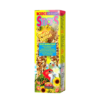
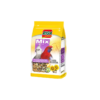

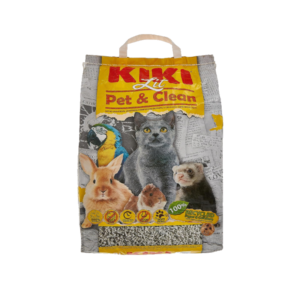
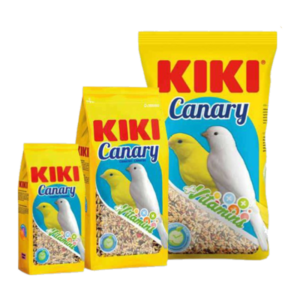
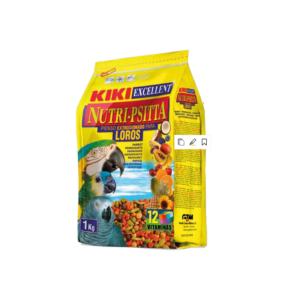
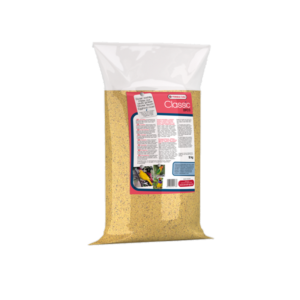
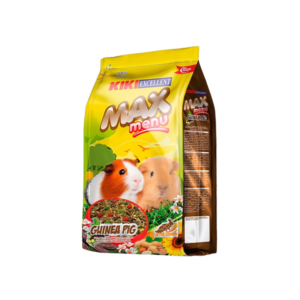
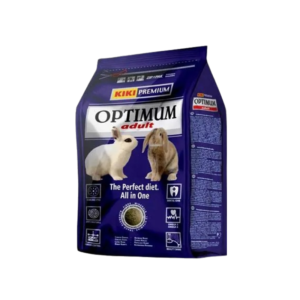
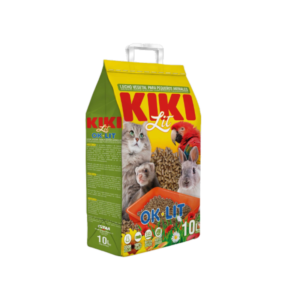
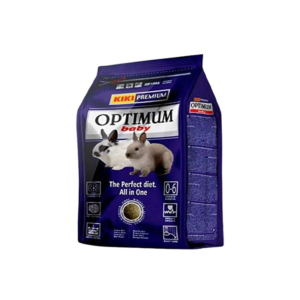
Reviews
There are no reviews yet.